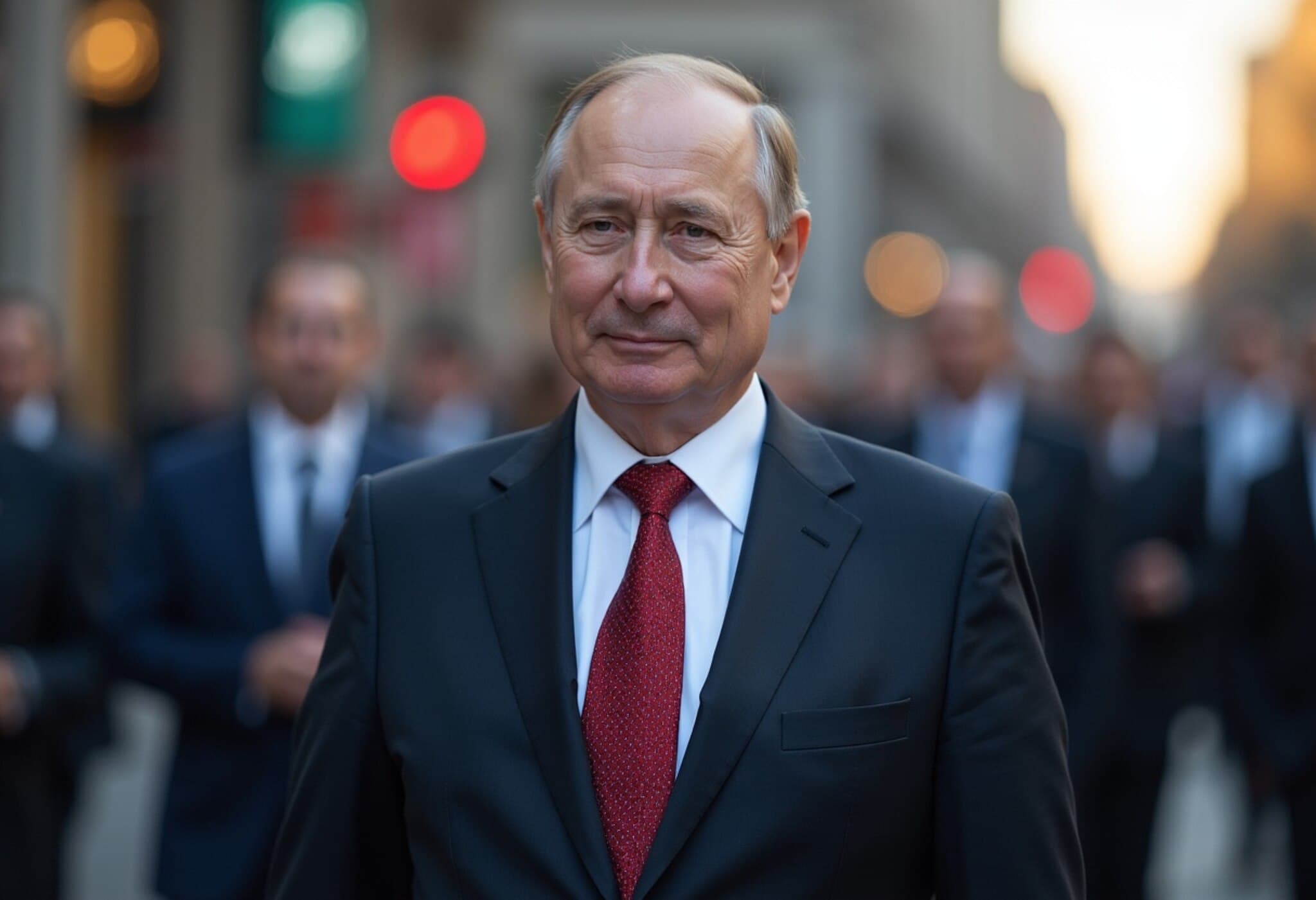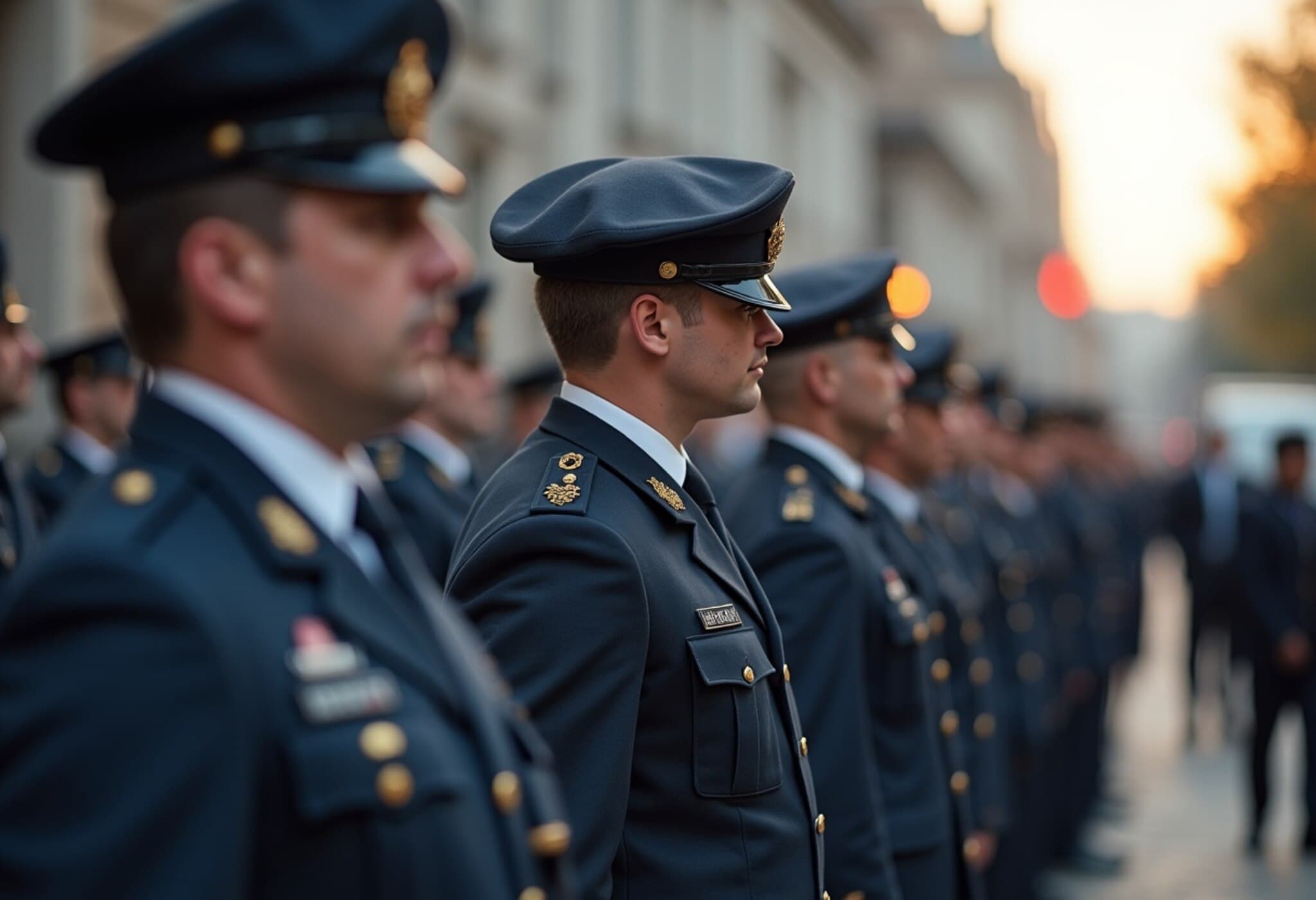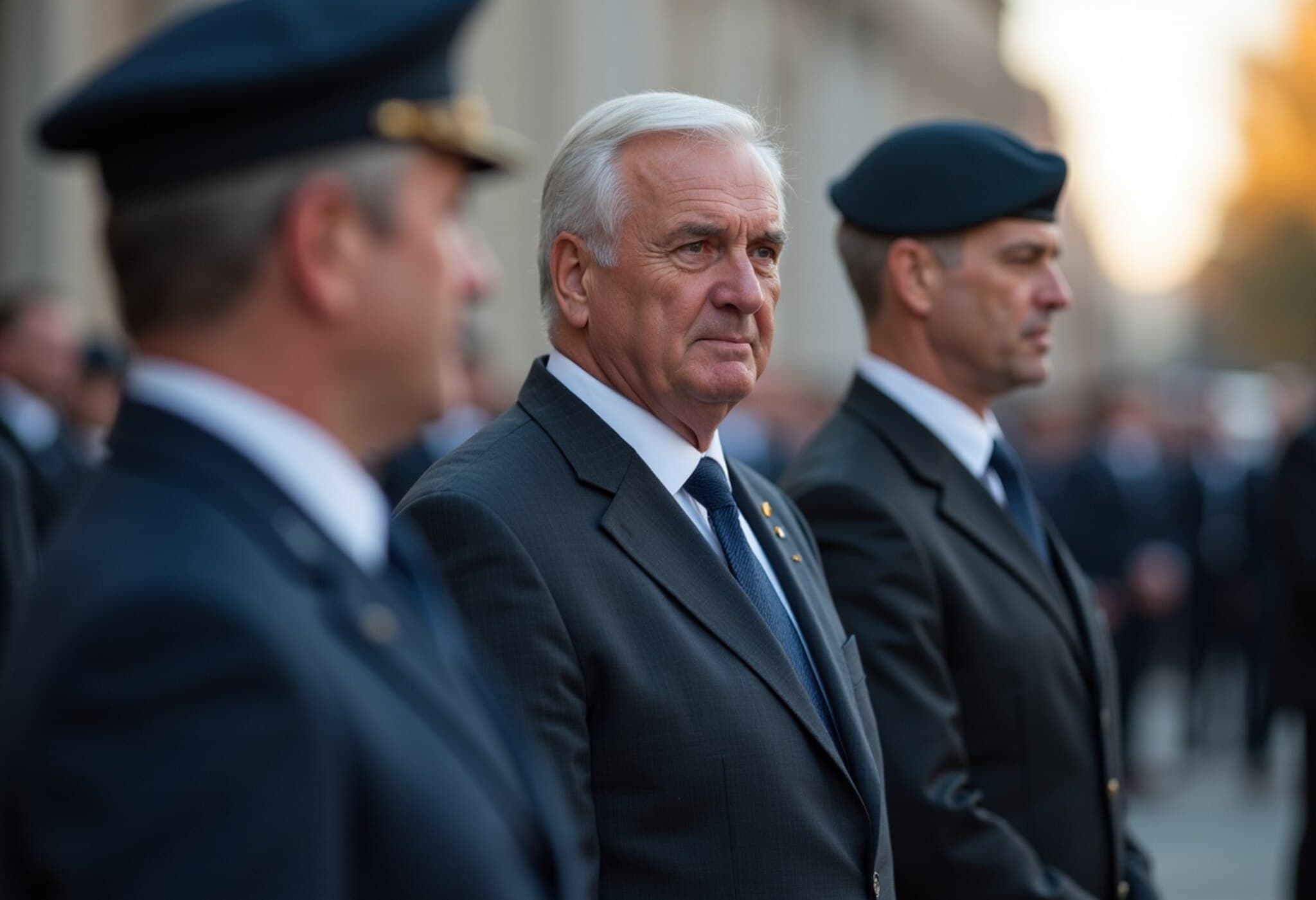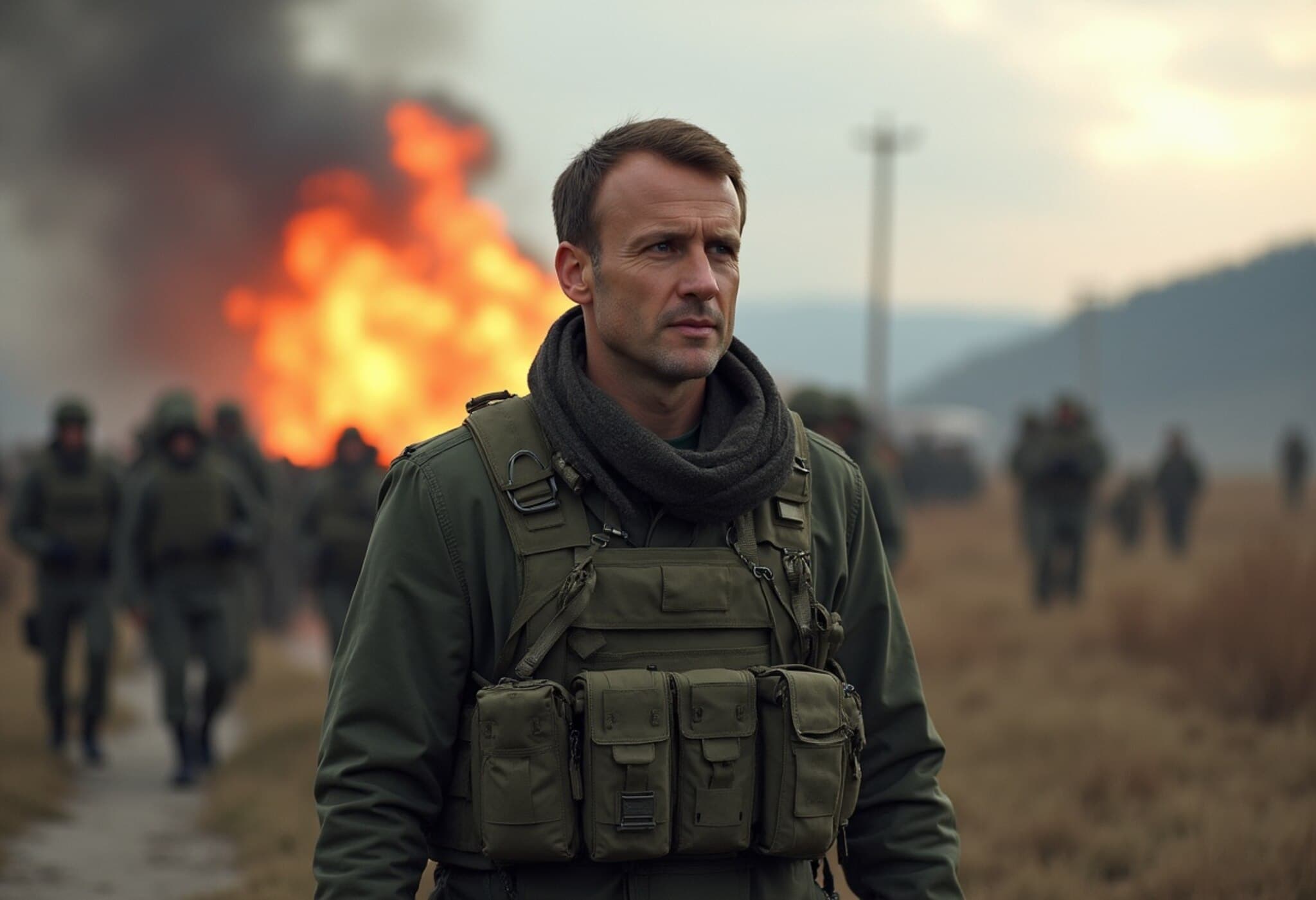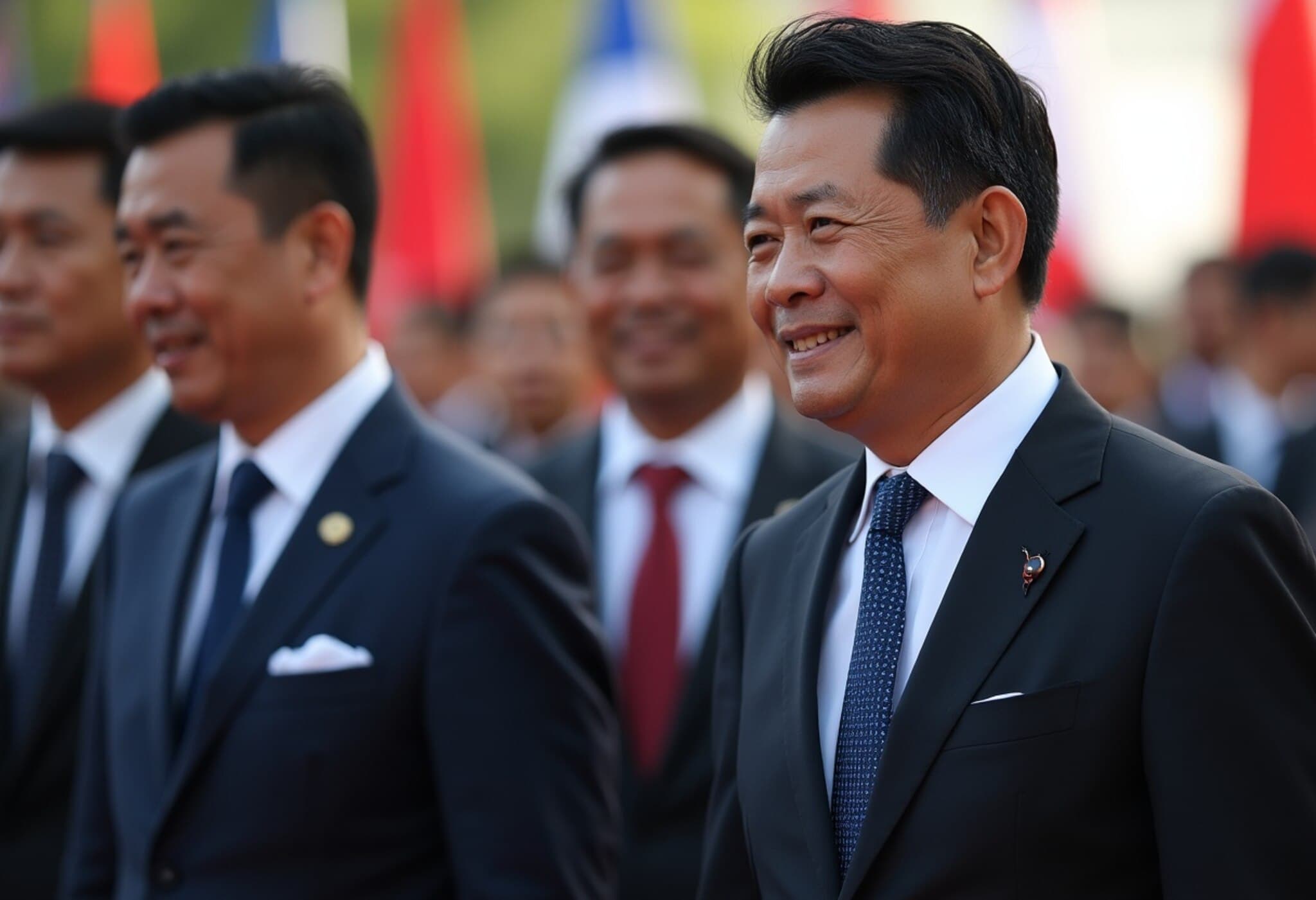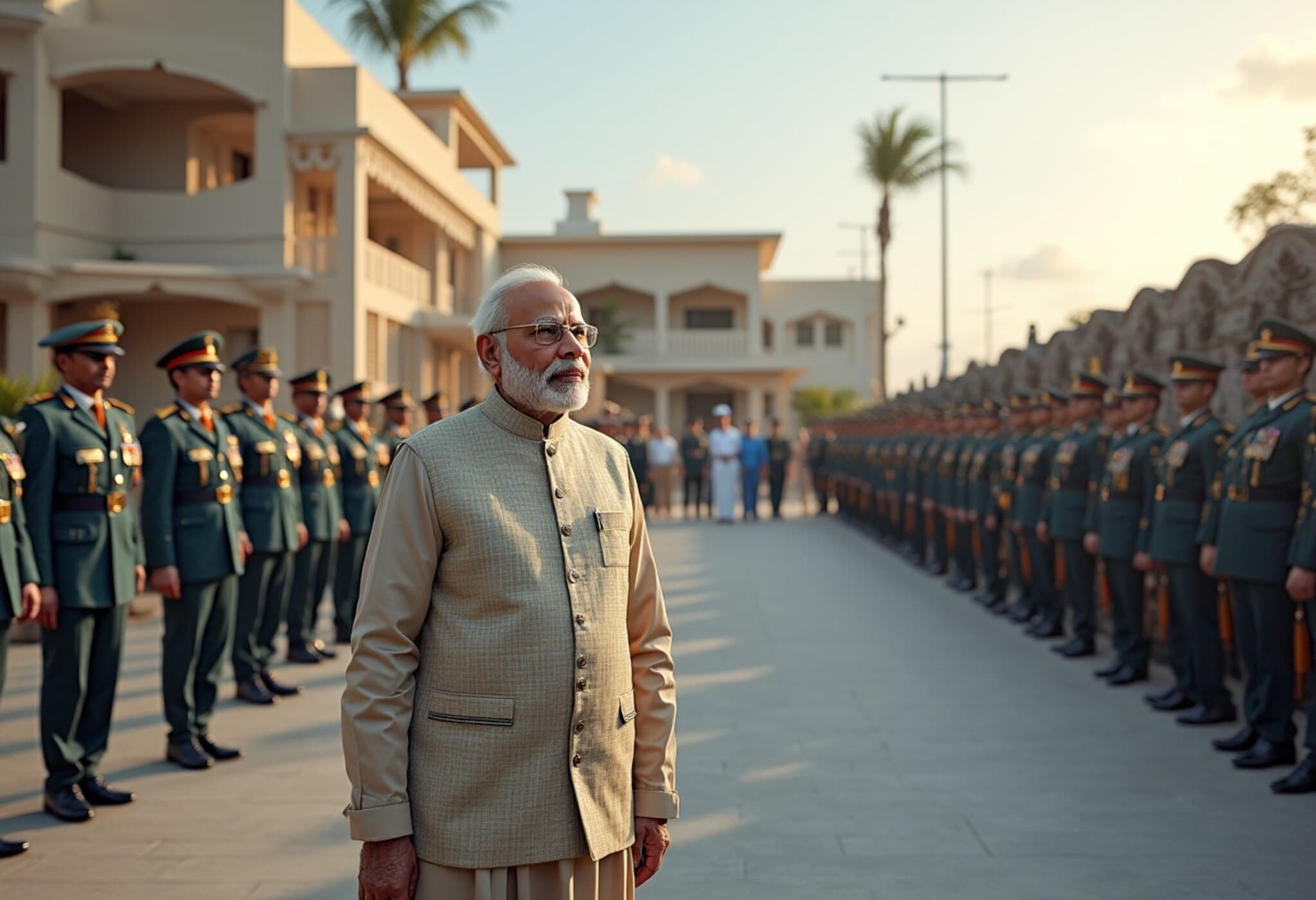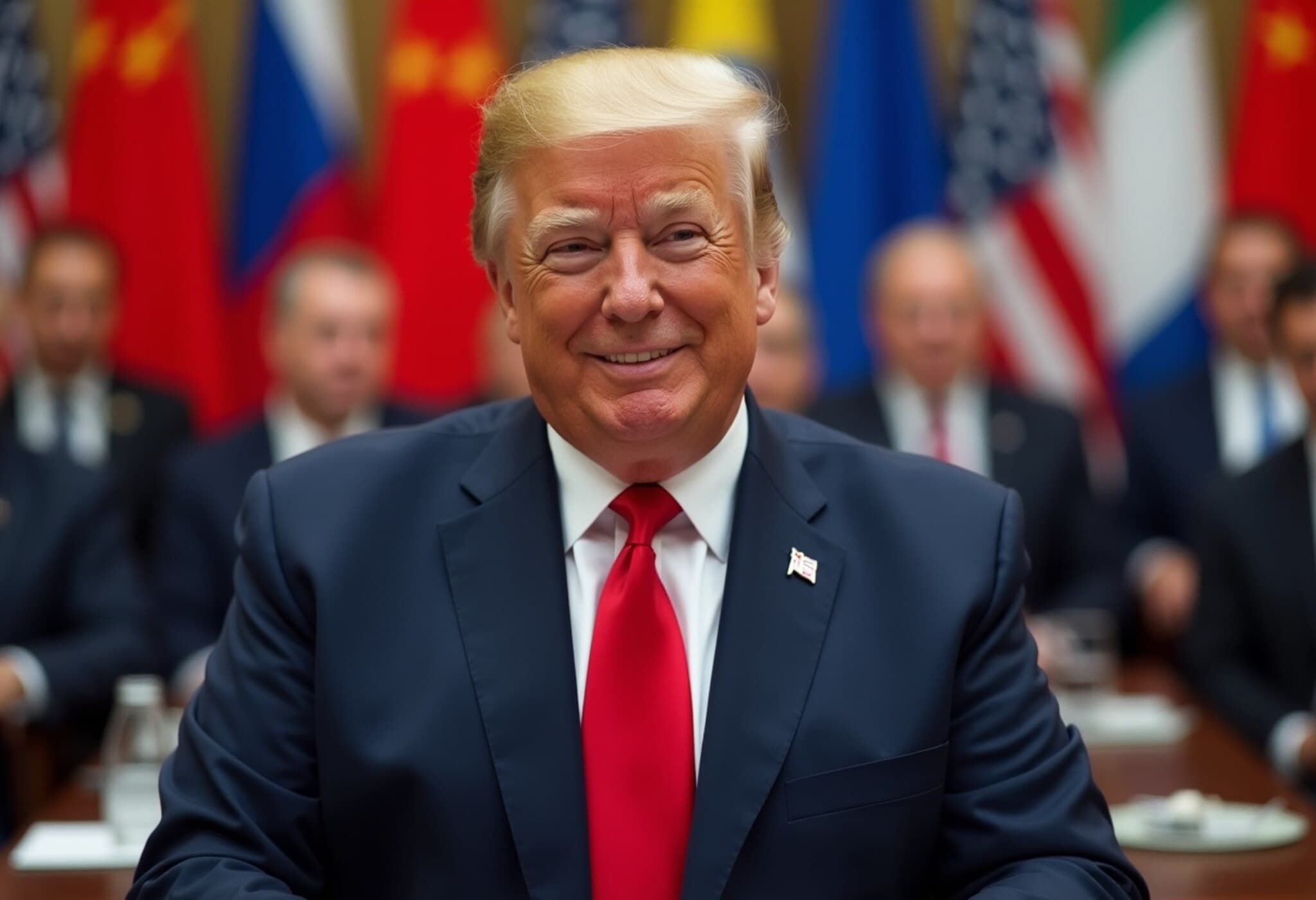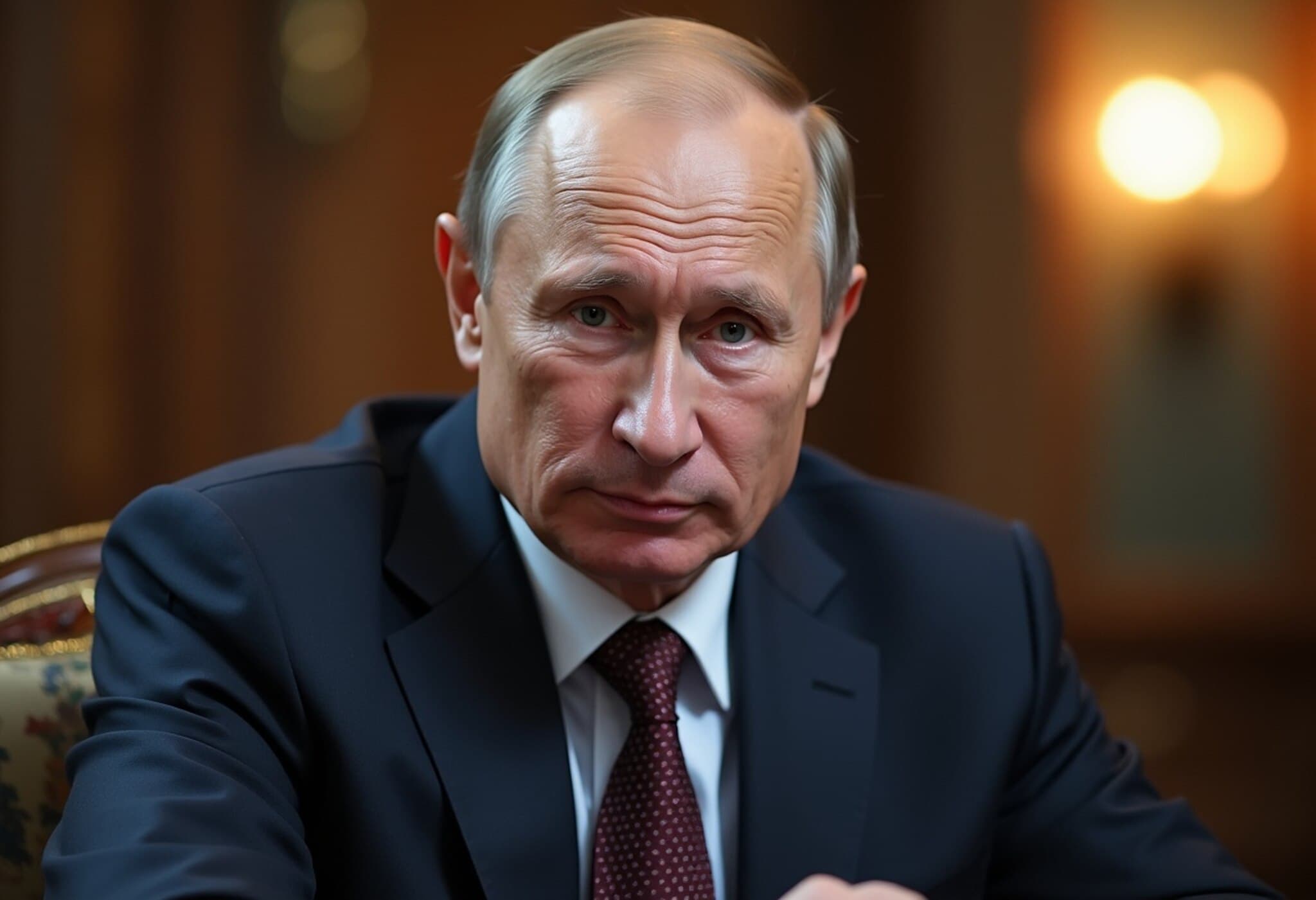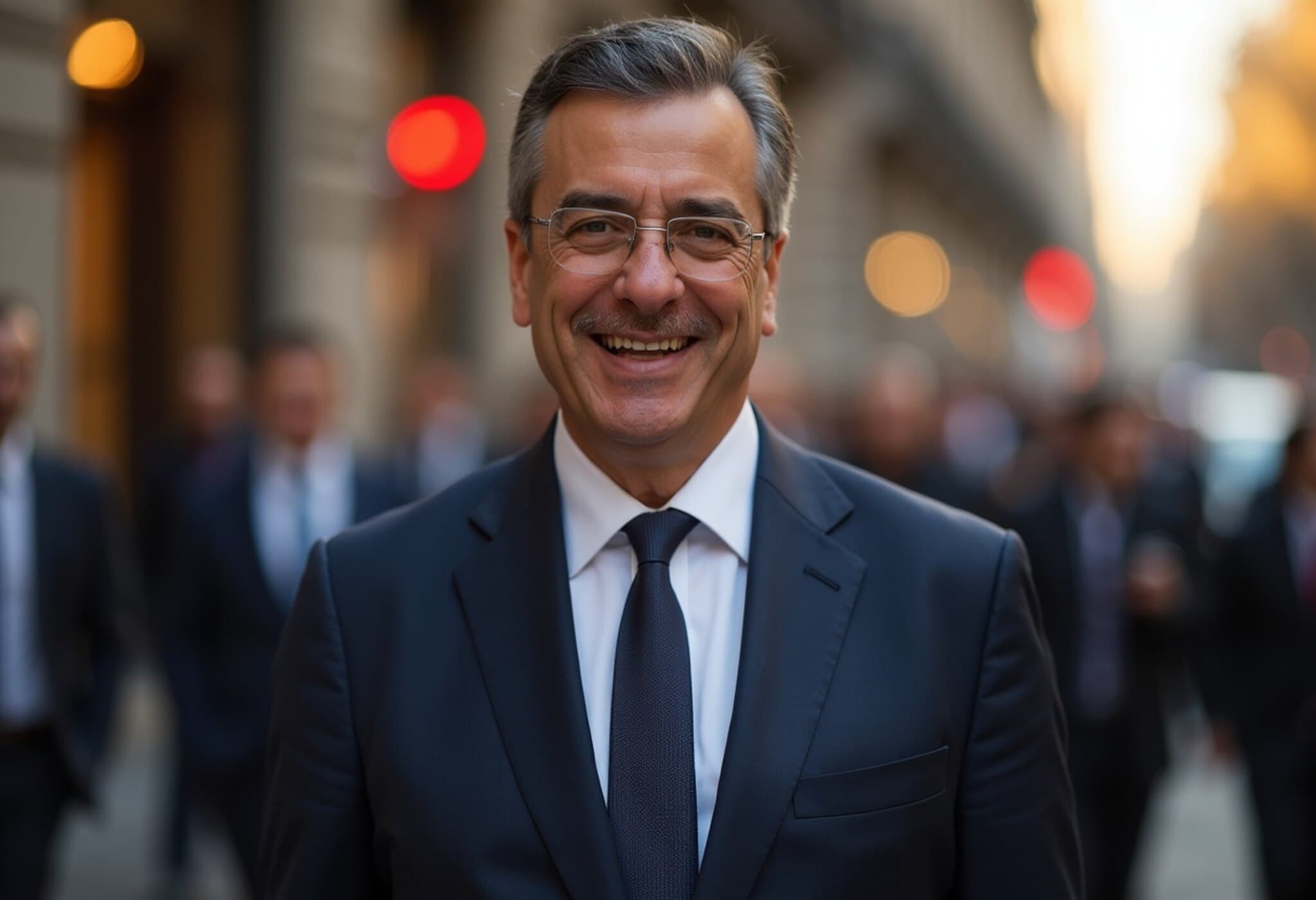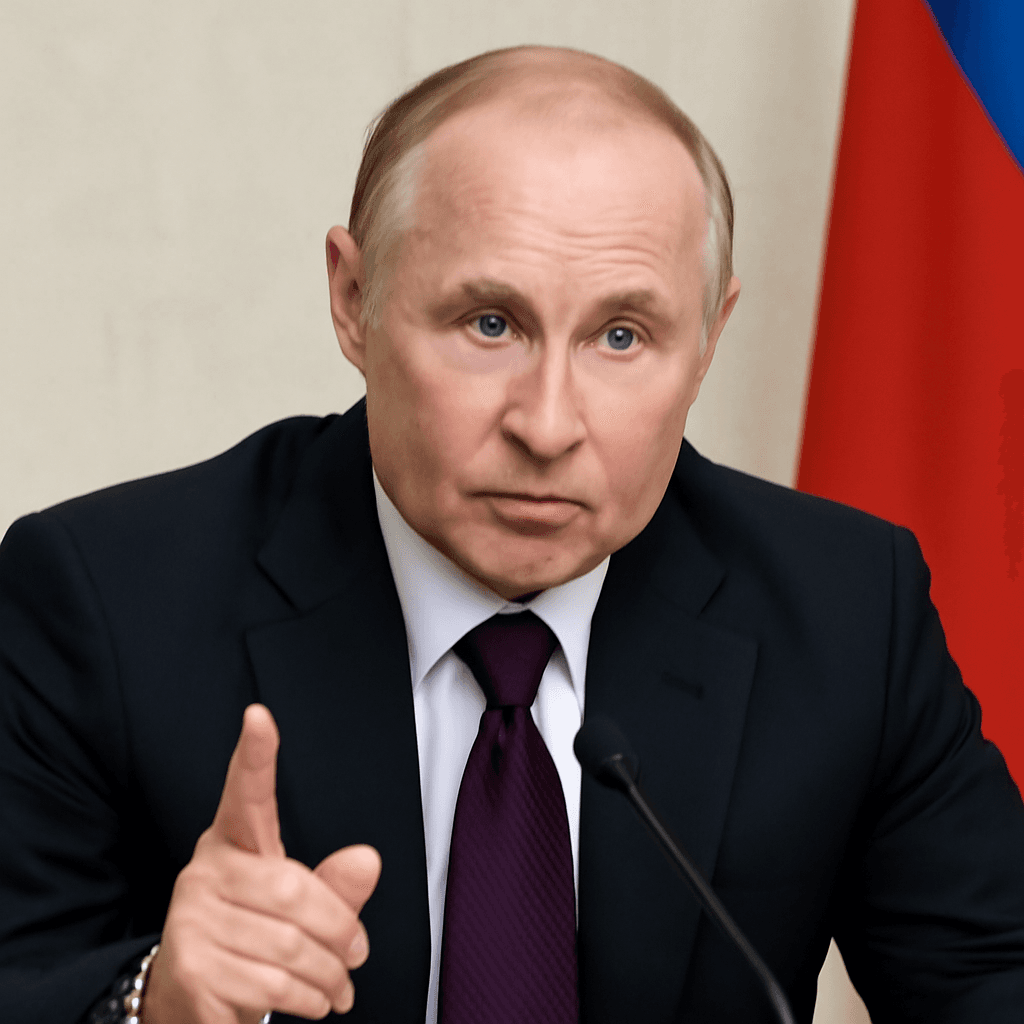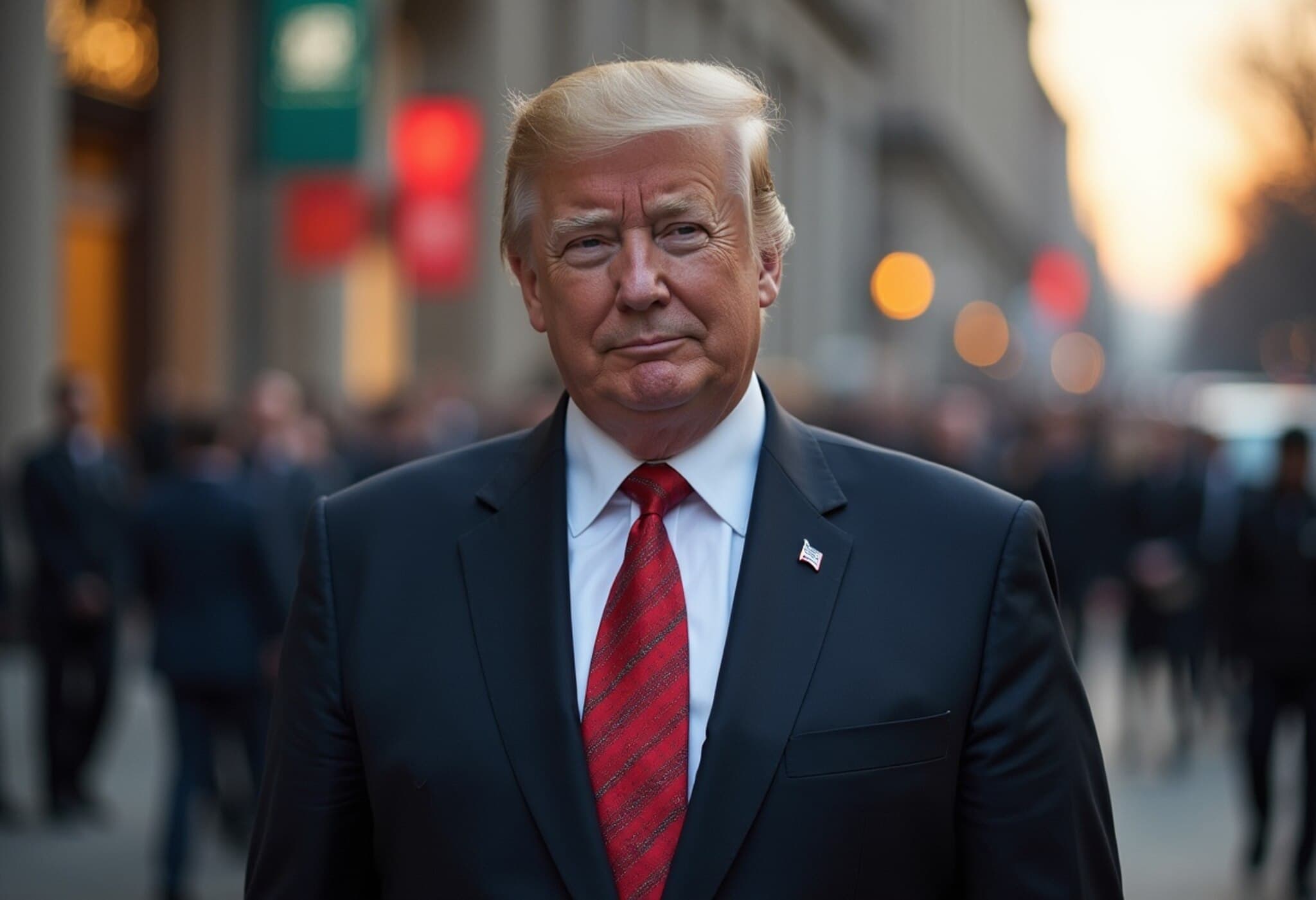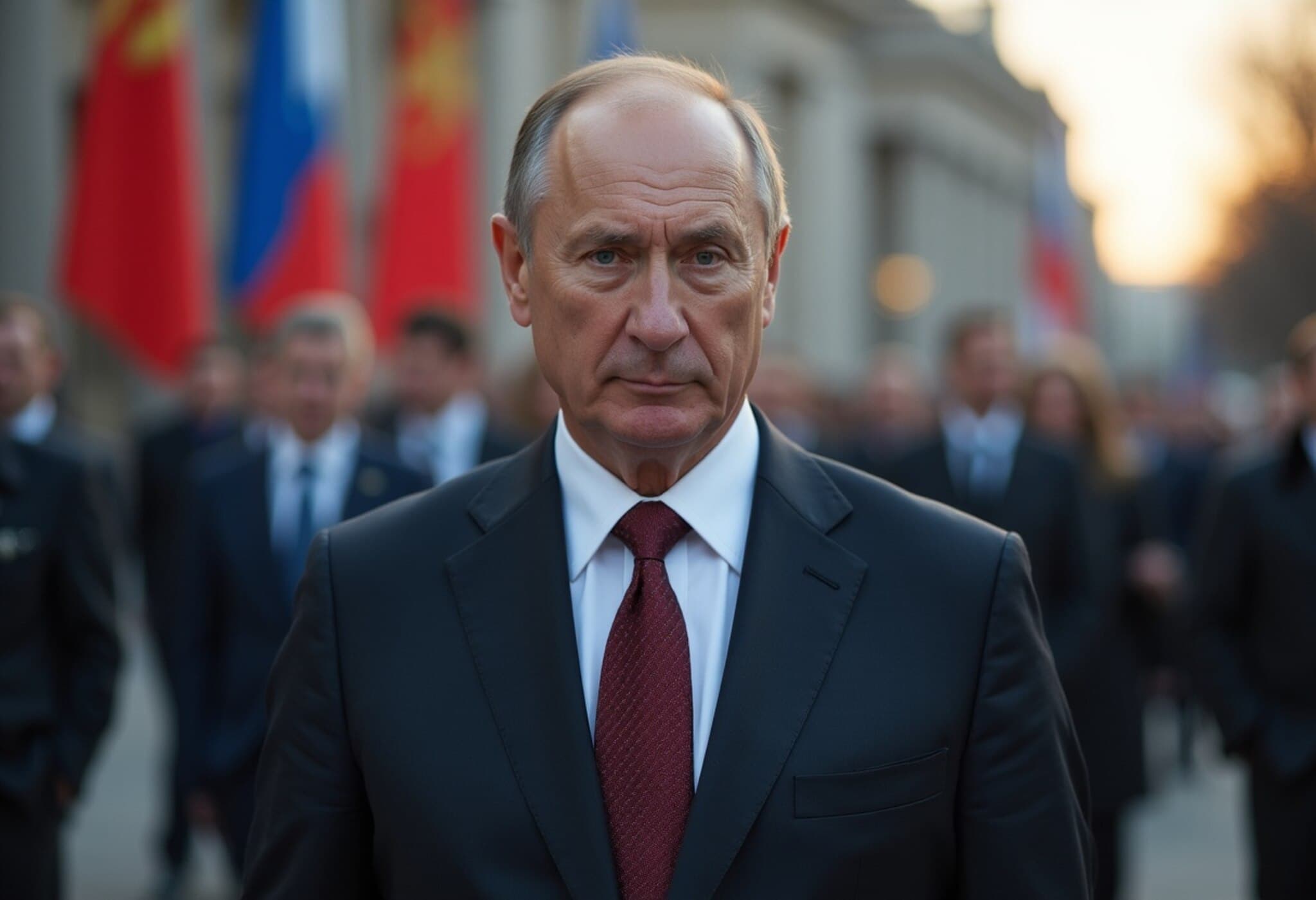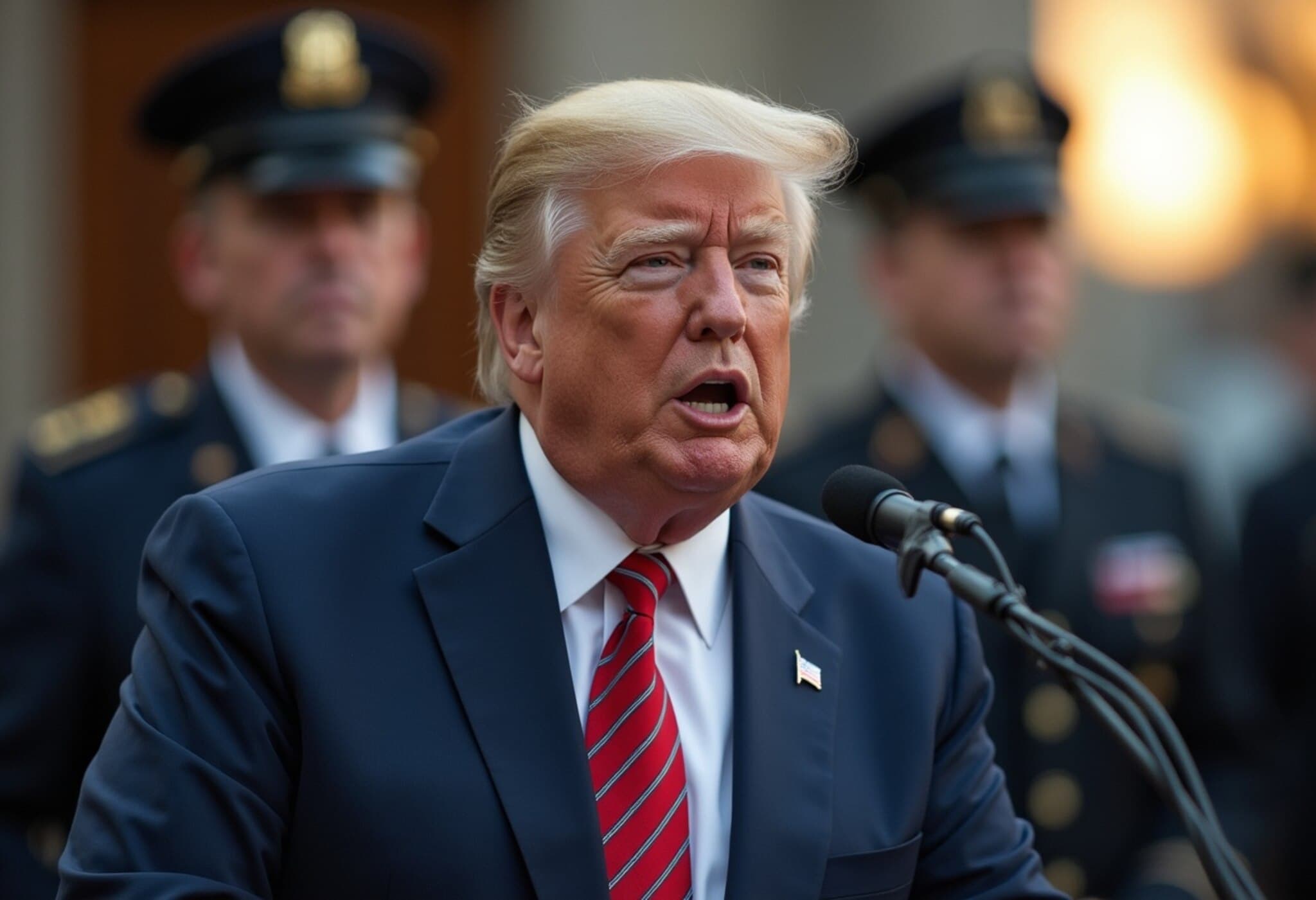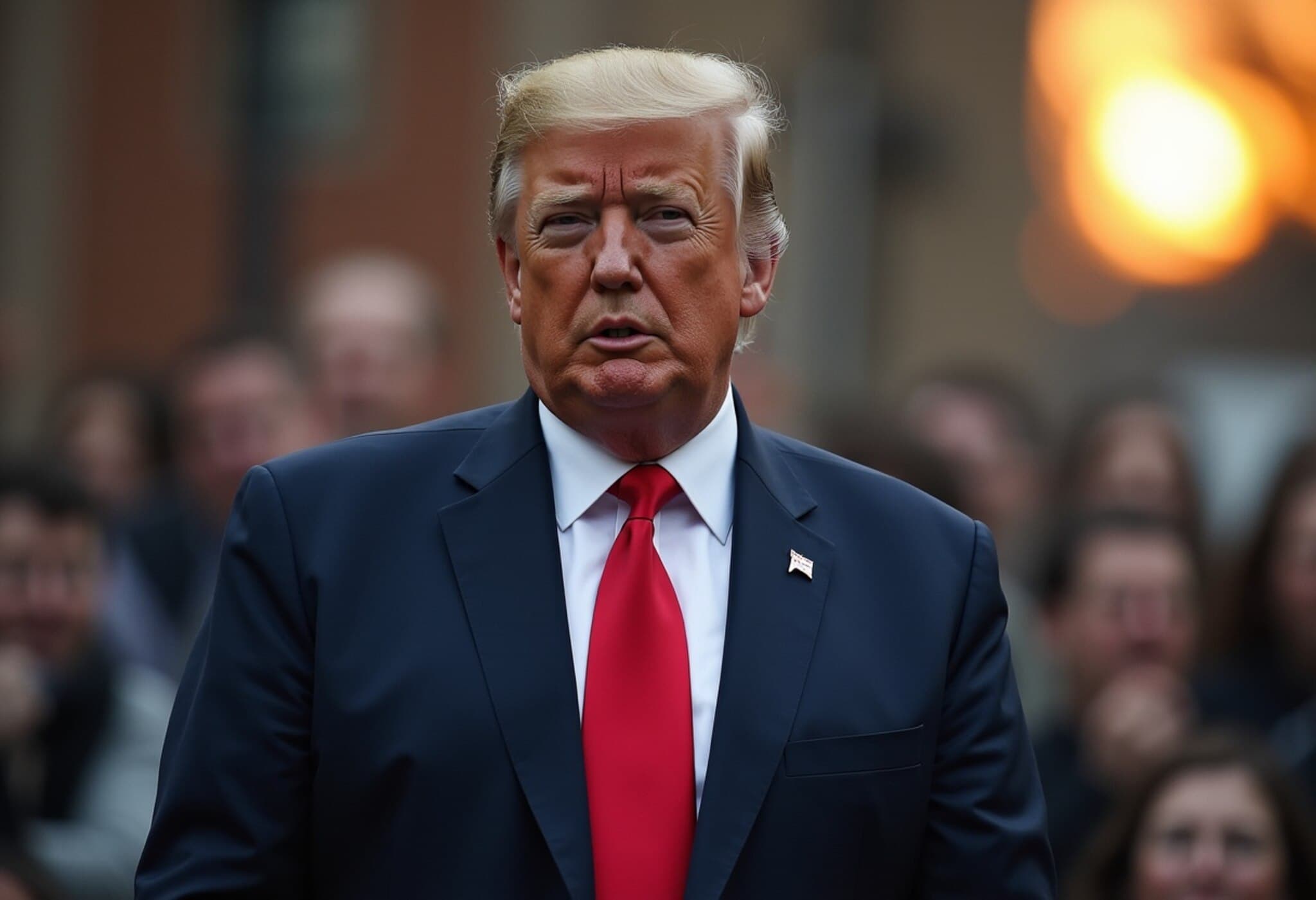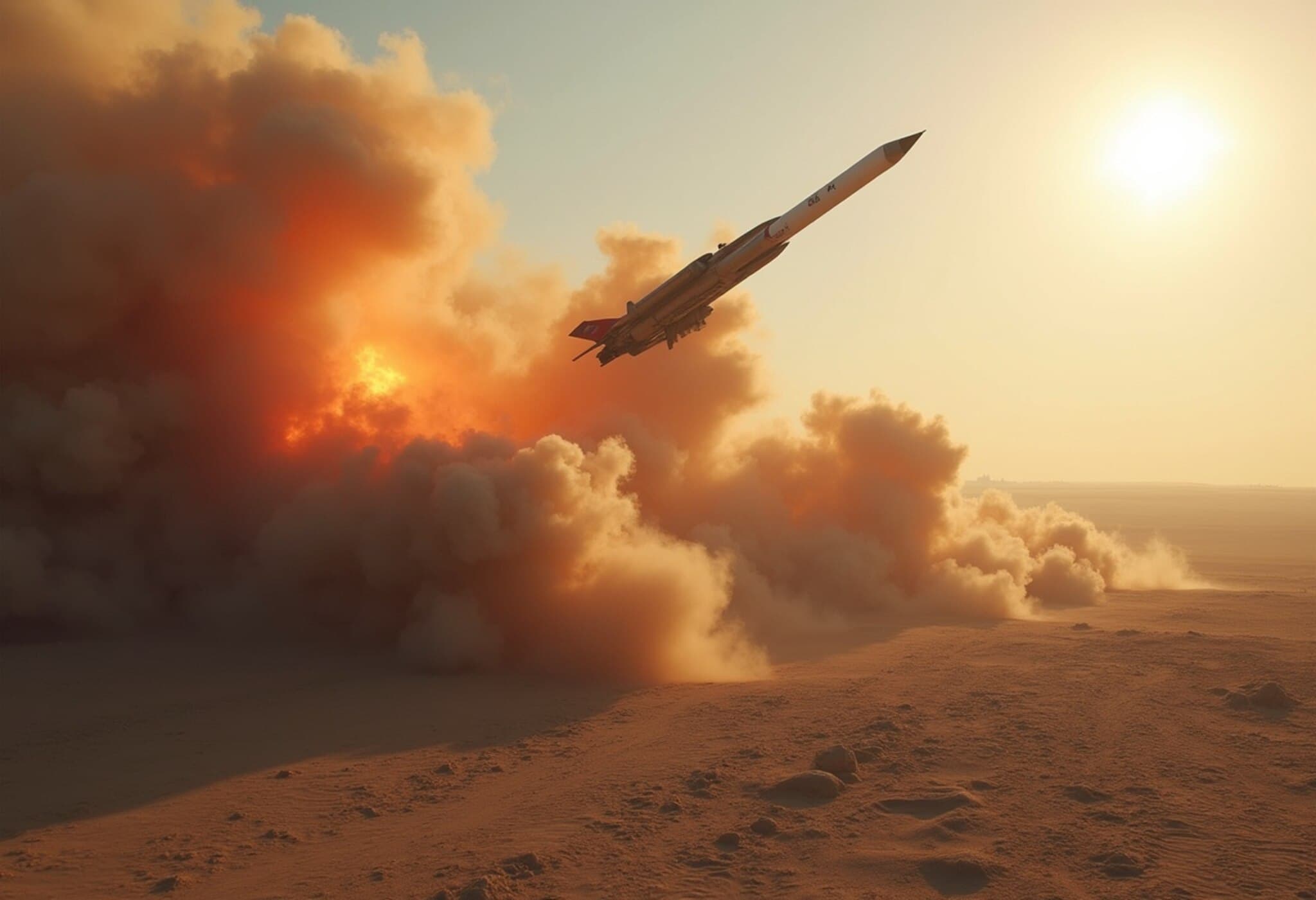Russia Condemns NATO's Militarisation and Demonisation Campaign
In the lead-up to NATO's two-day summit in the Netherlands, Russia has accused the alliance of escalating militarisation while casting Moscow as an existential threat to justify its defence spending ambitions.
The Kremlin's Stance on NATO's Defence Targets
Kremlin spokesperson Dmitry Peskov dismissed assurances that Russia harbours no intentions of attacking NATO countries as largely futile. According to Peskov, NATO is unwavering in its narrative that paints Russia as a "fiend of hell". This, he argued, is a deliberate tactic to rationalize member states committing to an ambitious target of allocating 5% of their GDP on defence, a figure championed by the U.S. President.
"The alliance was designed for confrontation, not peace or stability," Peskov stated, underscoring what he characterized as NATO’s relentless march towards increased militarisation. He emphasized that NATO's demand for significantly boosting defence budgets hinges on manufacturing a monstrous adversary, with Russia fitting the role "best suited for the monster."
NATO's Perspective and Strategic Messaging
Contrasting Russia’s claims, NATO defends its posture as a realistic response grounded in Moscow’s actions since its 2022 invasion of Ukraine. The summit this week is set to reaffirm the alliance's unity and its resolve to strengthen and broaden its defence capabilities to deter any potential aggression from Russia.
Expanding Influence Beyond Traditional Borders
Further deepening the geopolitical rifts, Russian Foreign Minister Sergei Lavrov criticized NATO for stretching beyond its established operational zones. Lavrov accused the alliance of seeking to entrench itself in strategically sensitive areas including the Middle East, South Caucasus, Central Asia, the Arctic, and the Asia-Pacific. He highlighted the Russia-China relationship as a critical stabilizing force within the broader Euro-Asian security framework.
What Lies Ahead?
As NATO leaders convene, the global community watches closely. The summit’s outcomes may shape defence policies and international alignments for years to come amidst a fraught geopolitical environment. Both NATO and Russia are clearly preparing their narratives, with defence expenditures and regional influence central to the unfolding story.

